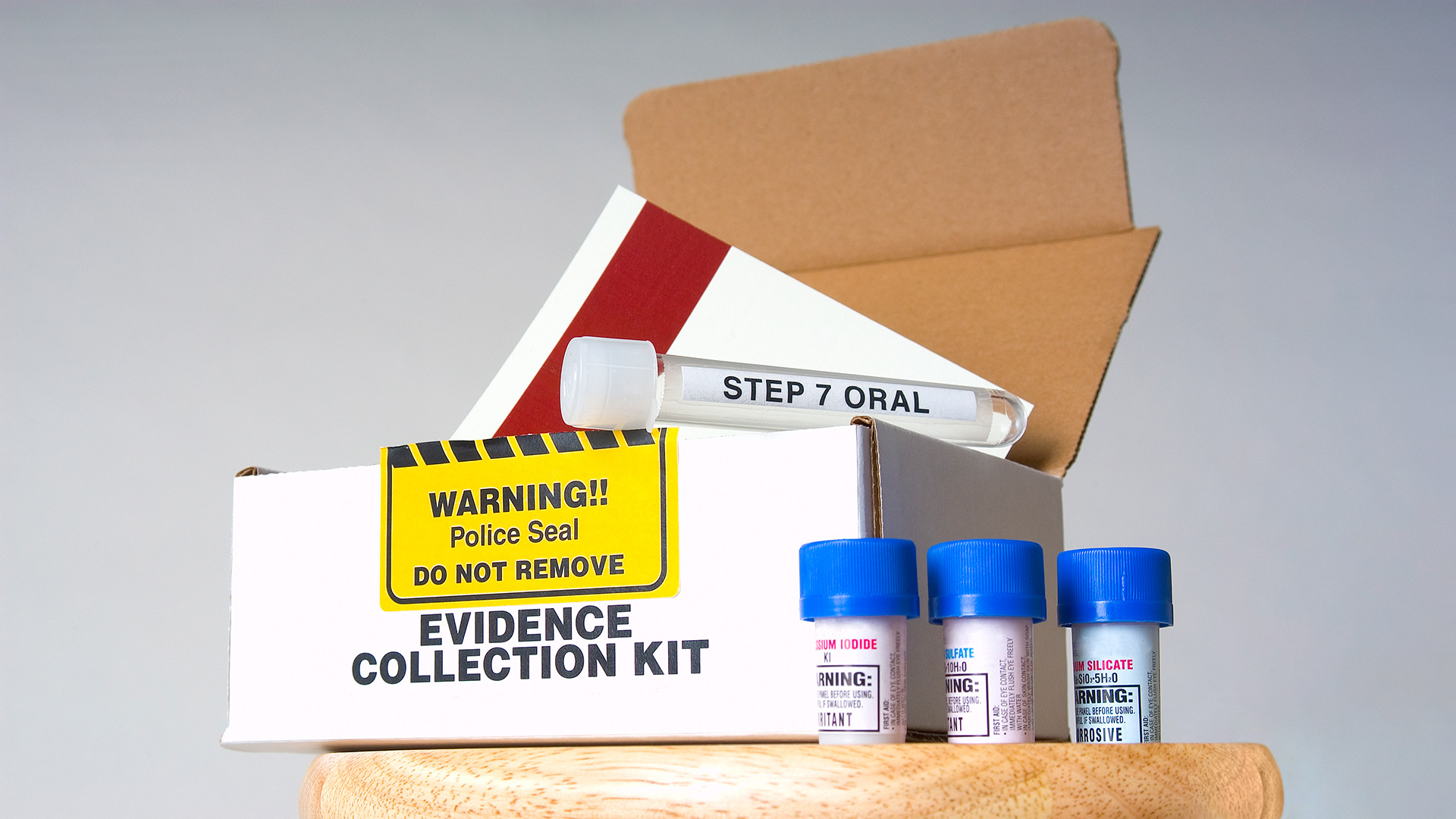
The San Diego Police Department has made significant progress in addressing its backlog of sexual assault evidence kits, an ongoing endeavor that began in 2020.
The department anticipates that it will clear the backlog by testing approximately 140 kits dating back to before 2016 by the end of this year.
At the outset, the department had around 1,800 untested kits, which it subsequently outsourced to a private lab in 2020 for processing.
This initiative includes roughly 1,200 kits from before 2016 and 450 kits collected from 2016 to 2019.
Notably, the latter category required testing as mandated by Senate Bill 22, signed by Governor Gavin Newsom in 2019.
This legislation stipulates that law enforcement agencies must submit rape kits for testing within 20 days, with crime labs completing the testing within 120 days.
Previously, San Diego police, along with other law enforcement agencies, had limited testing to cases where the suspect was a stranger and resisted testing older kits.
However, a statewide effort emerged to eliminate the backlog of untested kits, with proponents highlighting potential links to suspects in multiple cases through testing.
During a Public Safety Committee meeting, San Diego police officials shared their progress on the backlog, during which they also requested an additional $1 million to augment their existing contract with the private lab, Bode Technology, bringing the total amount below $4 million.
According to police officials, the additional funding is crucial for the department to continue clearing the backlog and to comply with the state law’s requirements for testing newer kits. The committee unanimously approved this request.
City Attorney Mara Elliot expressed her support for the additional funding, citing the importance of testing for sexual assault survivors.
“It is frightening and intrusive for a victim to agree to such an exam, but they do so because the evidence collected during the examination can bring a perpetrator to justice,” Elliott said. “A victim whose rape kit is not processed feels re-victimized and marginalized, which is unacceptable.”
Police experts noted that the evidence contained in the kits can be instrumental in linking assaults to suspects through existing DNA databases or generating a DNA profile for future use.
San Diego Police Department outsourced this crucial work to Bode Technology in 2020 in response to the enactment of Senate Bill 22.
The move followed a report by nonprofit news organization Voice of San Diego that revealed the department had not tested all available swabs in 40 kits from its backlog, opting for a faster but less comprehensive testing standard.
During the recent Public Safety Committee meeting, officials announced their plan to continue in-house testing of kits around the fall of 2024.
This approach involves streamlining the workflow to engage more personnel in the testing process, including in the initial stages to ensure that more samples are available for testing.
Councilmember Monica Montgomery Steppe praised the department for its efforts in clearing the backlog and welcomed the news of expanding testing capacity through the involvement of more personnel. She requested the department to provide updates on the transition to in-house testing.
In contrast to San Diego police, several other local law enforcement agencies have collaborated with the county District Attorney’s Office to test old kits, successfully clearing their backlog.
For instance, District Attorney Summer Stephan announced in June 2021 that all 2,030 kits had been tested in compliance with state law.
To facilitate transparency and empower survivors, San Diego police introduced an online portal for sexual assault survivors to track the status of their kits, aligning with the state Department of Justice’s initiative to provide information about kits from agencies across the state. Survivors can access the San Diego police portal by visiting trackit.sandiego.gov or obtain kit numbers by contacting Palomar Health, responsible for kit collection, at (760) 739-2150.





